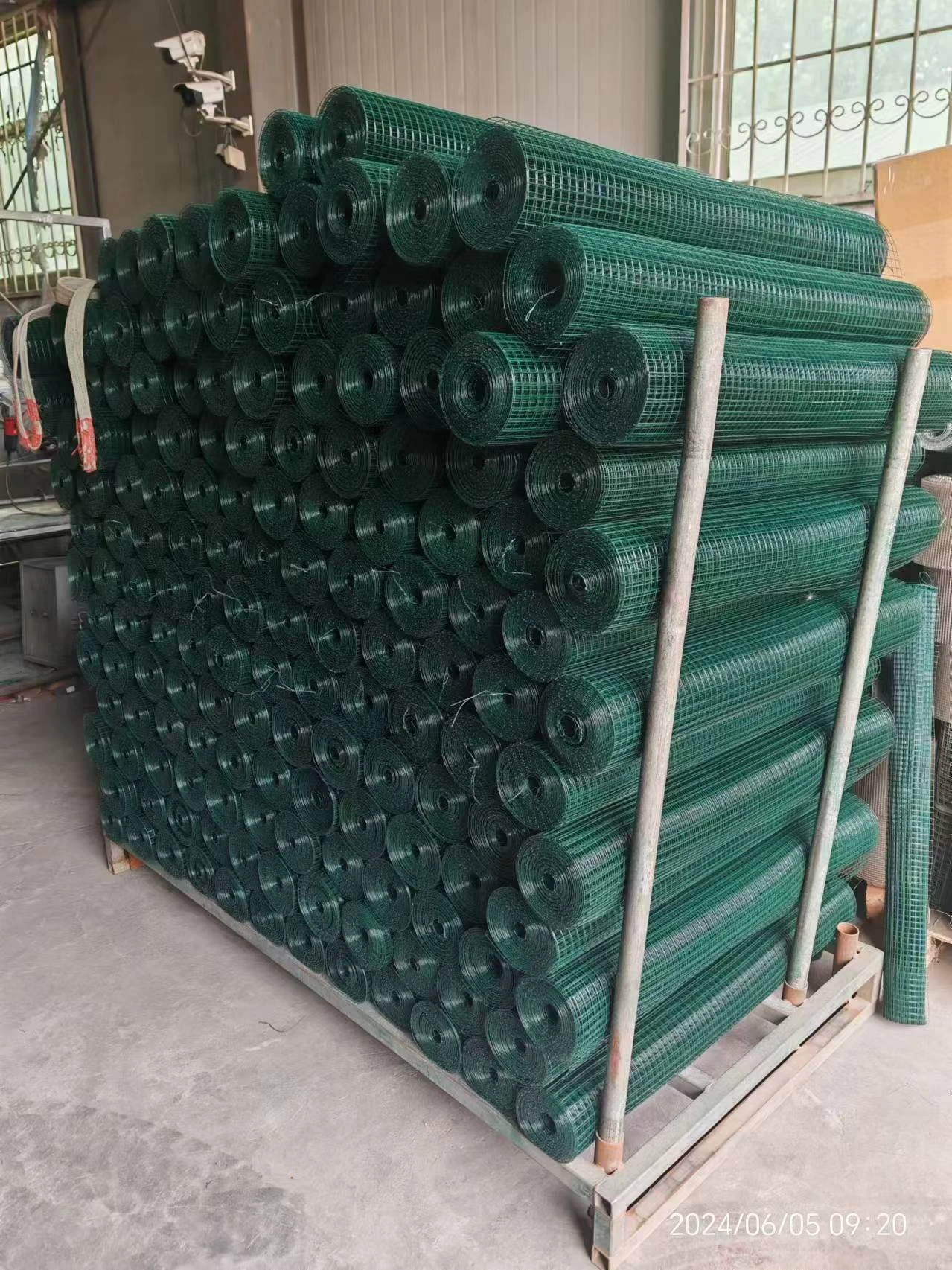Understanding Masonry Nails for Concrete An Essential Guide
When it comes to construction and renovation, the choice of fasteners can significantly impact the durability and strength of a project. Among various fasteners available, masonry nails stand out for their effectiveness in securing materials to concrete and masonry surfaces. This article explores the characteristics, uses, and proper techniques for using masonry nails, helping both professionals and DIY enthusiasts make informed decisions.
What Are Masonry Nails?
Masonry nails are specifically designed for use in concrete, brick, and block structures. Made from hardened steel, they typically have a thicker shaft and a sharp, pointed tip, enabling them to penetrate tough materials such as concrete and masonry. Unlike regular wood nails, which may bend or break when used on hard surfaces, masonry nails provide a reliable fastening solution. They are often coated to resist corrosion, ensuring longevity, especially in outdoor conditions.
Characteristics of Masonry Nails
1. Material and Durability The high-strength steel used in masonry nails allows them to withstand significant stress and loads. Most masonry nails are galvanized or coated to prevent rust and deterioration, making them suitable for both indoor and outdoor applications.
2. Design The unique design of masonry nails includes a tapered point that facilitates easier penetration. Many masonry nails also feature a fluted shaft, which helps grip the surrounding material, ensuring a secure hold.
3. Sizes and Lengths Masonry nails come in various sizes, typically ranging from 1.5 inches to 4 inches in length. The choice of nail length depends on the thickness of the material being secured and the required holding power.
Applications of Masonry Nails
Masonry nails are versatile and can be used in a variety of applications, including
- Attaching Wood to Concrete Whether you're building a wooden deck on a concrete patio or framing a wall, masonry nails are ideal for fastening wood materials securely to a concrete surface
. - Roofing In roofing projects, masonry nails help attach shingles or tiles to concrete or masonry underlayers.masonry nails for concrete

- Fencing and Outdoor Structures For outdoor projects like fences, pergolas, or garden beds against concrete foundations, masonry nails provide a strong hold.
- Renovation Projects When updating or remodeling structures, using masonry nails is crucial for securely fastening new materials to existing concrete or masonry.
How to Use Masonry Nails Properly
Using masonry nails requires some specific techniques to ensure effective fastening
1. Pre-Drilling (Optional) In some cases, especially with harder concrete, pre-drilling may be recommended. This step helps to avoid splitting the material and allows for easier insertion of the nails.
2. Choosing the Right Tools A hammer is typically sufficient for driving masonry nails into softer materials. However, for harder surfaces, a power nailer designed for masonry may be more efficient. Always ensure that the tool is appropriately calibrated for the specific material.
3. Driving Technique Position the nail at a 90-degree angle to the surface to ensure it goes in straight. A few quick and firm strikes with the hammer can help drive the nail without bending it.
4. Spacing Follow manufacturer guidelines for spacing nails correctly, ensuring even distribution of load and maximum holding power.
5. Finishing Touches Once the nail is in position, check that it is flush with the surface to prevent any protruding edges that could pose hazards or interfere with finishing materials.
Conclusion
Masonry nails are an indispensable tool in the construction toolkit for anyone working with concrete and masonry. Their robust design and durable materials make them essential for various applications, ensuring strong and long-lasting connections. By understanding the characteristics and proper usage of masonry nails, construction professionals and DIY enthusiasts can enhance the quality and durability of their projects. Whether building a new structure or renovating an existing one, choosing the right fasteners is key to a successful outcome. With masonry nails, you can rest assured that your constructions will stand the test of time.

















